News
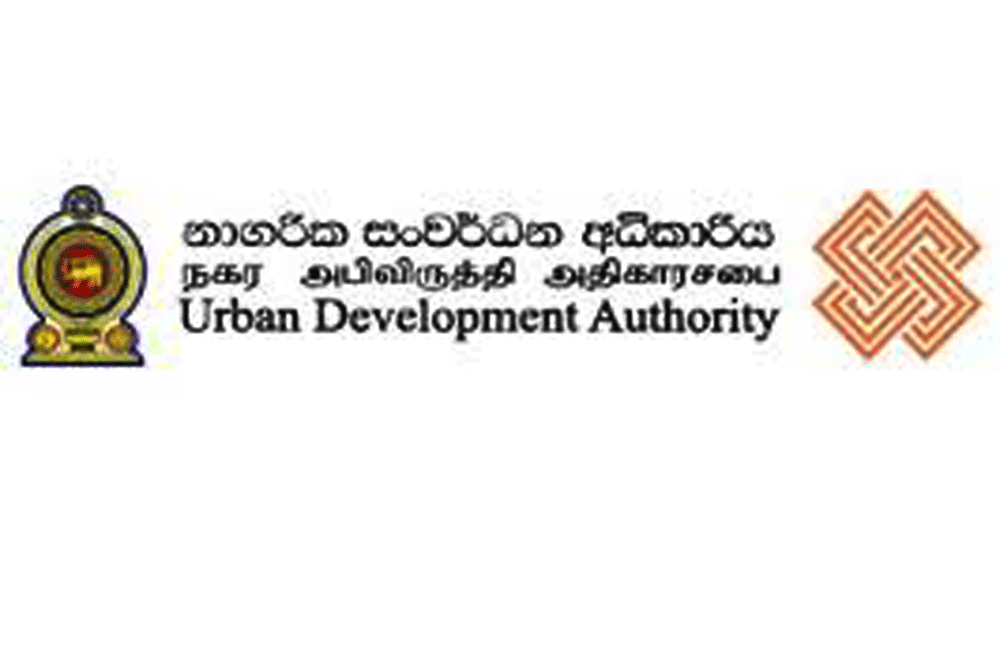
UDA reviews expert submissions on planning and development regulations
The UDA says it hopes to amend the 34 year-old existing Building and Planning regulations for high-rise apartment projects countrywide.
A UDA official said that Cabinet approval would be sought to reinforce the new regulations with a new set of programmes to make the regulations well matched with the field of modern development.
These proposed regulations seen as taking land, planning and building laws into their hands by the UDA officers via the introduction of new regulations, has drawn concern from professionals and public interest activists.
In a letter addressed to some of these professional associations, experts and civil society activists, the UDA said further clarifications will be sought and discussed in due course.
The Sri Lanka Engineers Institution (SLEI), a few weeks ago, strongly objected to the attempts made by the UDA to gazette these regulations without entertaining representations from the engineering fraternity. The Institution of Engineers also raised objections.
In a letter to the UDA chairman, the SLEI has raised their objections against bringing new regulations hurriedly without giving adequate time for engineers to express their views on the final draft. .
The association welcomed the UDA’s recent action to review representations made by professionals, experts in the relevant filed, public interest activists and engineers.
The new regulations regarding land and building construction coming under the control of the UDA are confusing, a leading public interest activist in this field lamented.
He noted that those UDA regulations in regard to land division plans are impracticable and there was a hidden agenda of such plans.
It is almost the same set of regulations which was rejected by the professionals in 2019 under the previous government and it has resurfaced, he alleged.
This was an attempt to divide government and private-owned barren lands into blocks of lands countrywide in the country for real estate development and construction of high-rise and other buildings, he disclosed.
In his letter, the public interest activist, who requested anonymity, stated that there are regulative provisions to execute agreements by the UDA and the National Physical Planning Department (NPPD).
These regulative provisions are applicable countrywide, he pointed out.
The UDA has made an attempt to become the one and only regulator while ignoring the available legal enactments to institutions by introducing new regulations which will be gazetted soon, he warned.
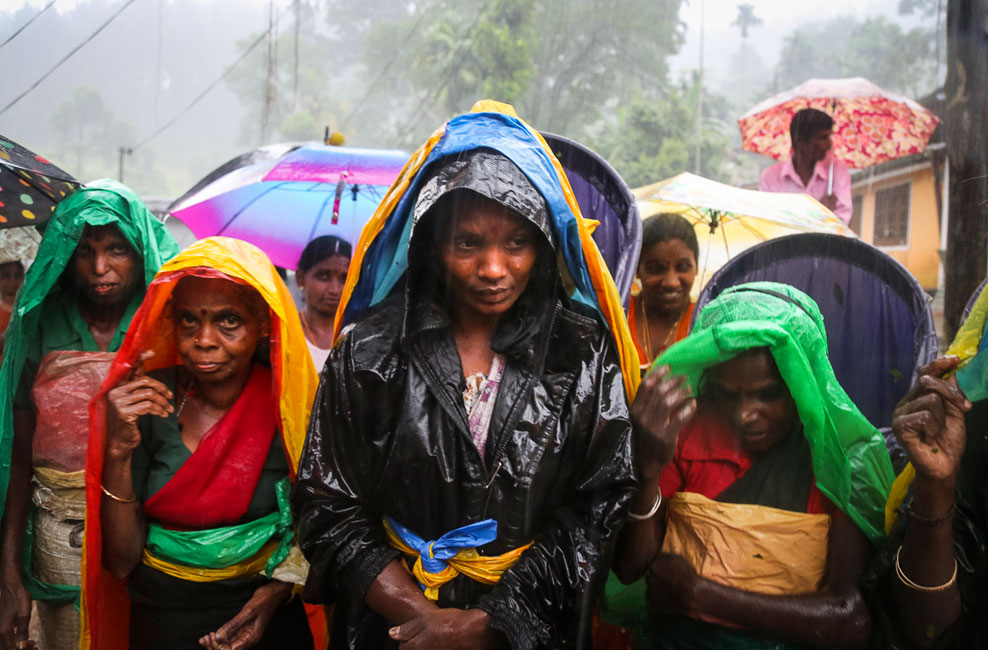
RPCs present final proposal on wages at LKR 1105 per day
This proposal takes into consideration the sustainability of both the industry and livelihoods of plantation workers, the Planters Association said in a media release.“After a very productive meeting with the Minister, RPCs have arrived at a final consensus on what we can sustainably offer, while providing the highest possible earnings potential for our workers. Our final offer amounts to a 30% increase in earnings on the fixed model, and there is no upper limit to what workers can earn under the productivity-linked components," RPCs noted.
"This is the first step to modernising our entire industry, and moving beyond a basic daily wage system which is a relic of the colonial era and long overdue for an update.
We have gone well beyond the LKR 1,000 daily wage demand of trade unions, and this follows a 40% increase from just two years ago.
At a time when others in the apparel and leisure sectorS are slashing wages and retrenching workers, ours is one of the precious few export industries which has shielded our employees from the negative impacts of the pandemic, and is actively pursuing a wage increase.
This is no easy feat, and without improvements in productivity, it will still be extremely difficult for any RPC to remain financially sustainable.
There is clear understanding from the Government on our position, and it is now up to trade unions to make the right decision."
Under the final proposal, RPCs are offering a fixed daily wage of LKR 1,105, with the re-introduction of attendance and productivity incentives - a feature which trade unions had strongly and consistently opposed in the past, but have since reversed their position in the most recent negotiations.
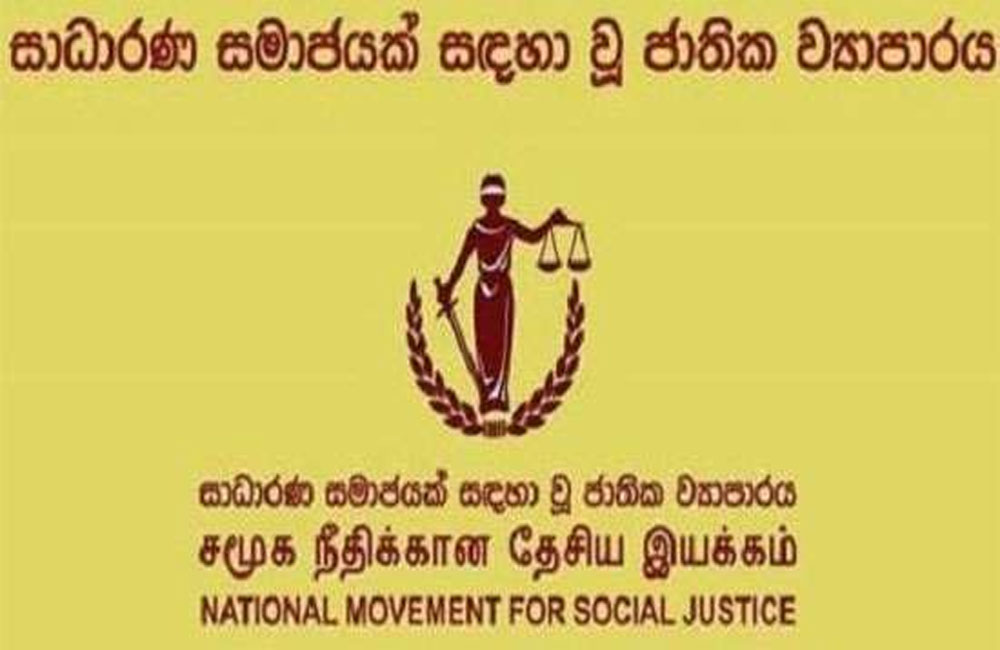
No truth to 'Aruna' report on UNP heavyweights joining Karu's movement - NMSJ
Lihiniyakumara noted that the NMSJ has no plans whatsoever to form a new political movement as reported by the Aruna newspaper.
"The National Movement for a Just Society is a civil society organisation that publicly advocates for social justice as well as for democractic principles of our society," he said.
"As such, our organisation has never stood for political power in this country and that policy will be pursued in the same manner. Therefore, our organisation has no need to be structured as a political movement," he added.

Sri Lanka compelled to pay massive penalties for terminating JICA funded LRT
Under the contract agreement, if the Light Rail Transit (LRT) project is suspended or delayed due to renegotiation, the Government will incur a loss of around USD 100 million, in addition to penalties from the Japan International Cooperation Agency.
The treasury, on the advice of Presidential Secretary Dr. P.B. Jayasundera, has informed JICA it could not proceed with the LRT for the next five years because it did not have borrowing space.
It is not clear how the JICA project would affect the Government’s financial situation as the project contract includes a 12-year grace period for the commencement of loan repayment.
The USD 270 million JICA loan for the project is provided under Special Terms for Economic Partnership, carrying interest rates of 0.1% per annum for civil works and equipment cost.
It has offered 0.01% p.a. for engineering services cost with a 40-year repayment period including a 12-year grace period, in order to promote technology transfer and economic cooperation between Sri Lanka and Japan.
The LRT project was expected to boost transportation capacity, save travel time, and improve the safety and comfort of public transportation over 15.7 kilometres of track with 16 stations in and around Colombo.
The Sri Lanka government has already spent a sum of around LKR 3 billion from the loan facility for the project obtained under the loan agreement signed on 11 March 2019.
State Minister Nalaka Godahewa noted that the government has to pay a penalty for the termination of the project which will amount to twice the total cost incurred to build the Hambantota port.
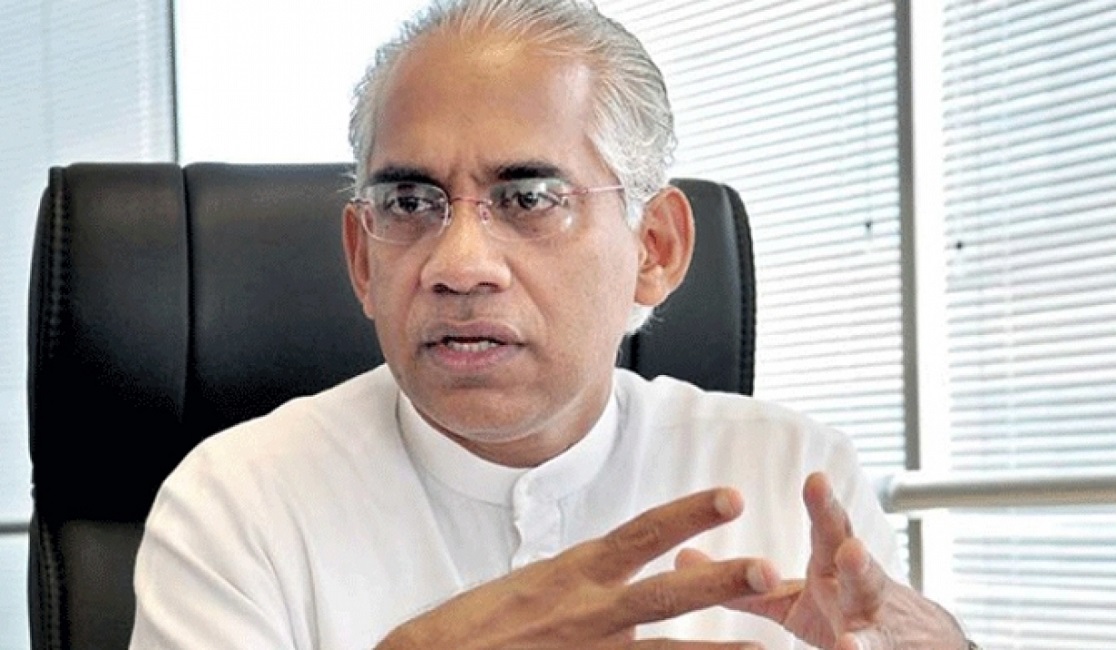
Eran warns investors to be wary of 'pump and dump' schemes
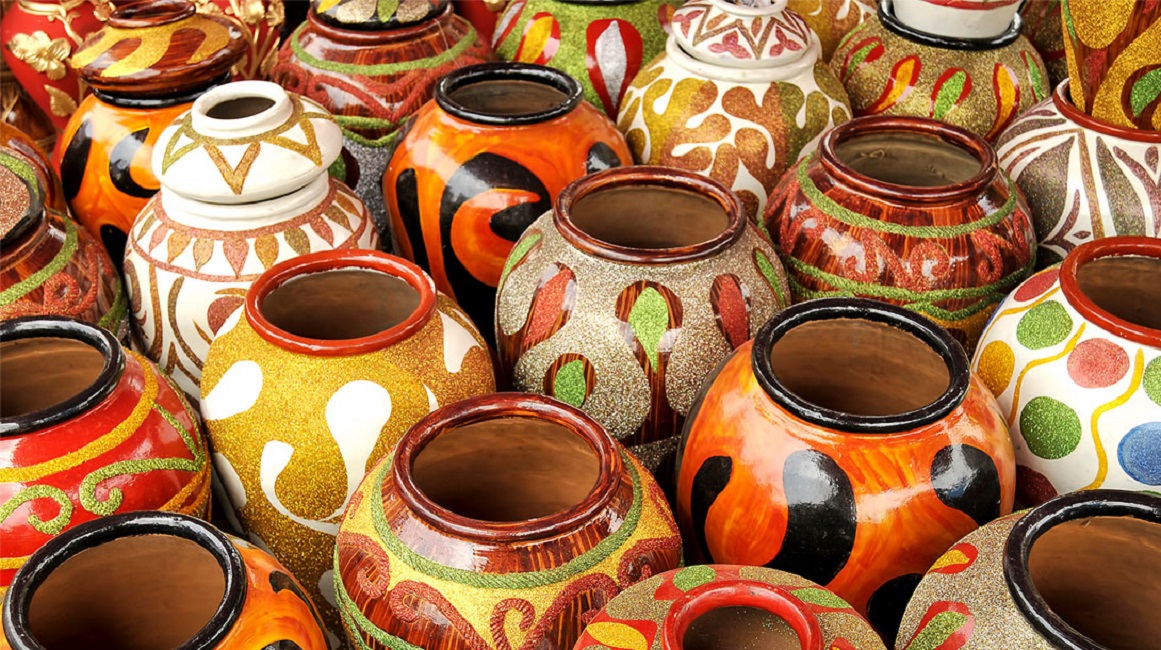
Restrict imported ceramic ware to boost local production
Prior to the COVID-19 pandemic hit Sri Lanka, the daunting problem faced by the ceramic tiles and sanitary ware industry was that their manufactured goods piled up in large quantities without being sold due to surge of imports of cheap ceramic and sanitary ware to the country.
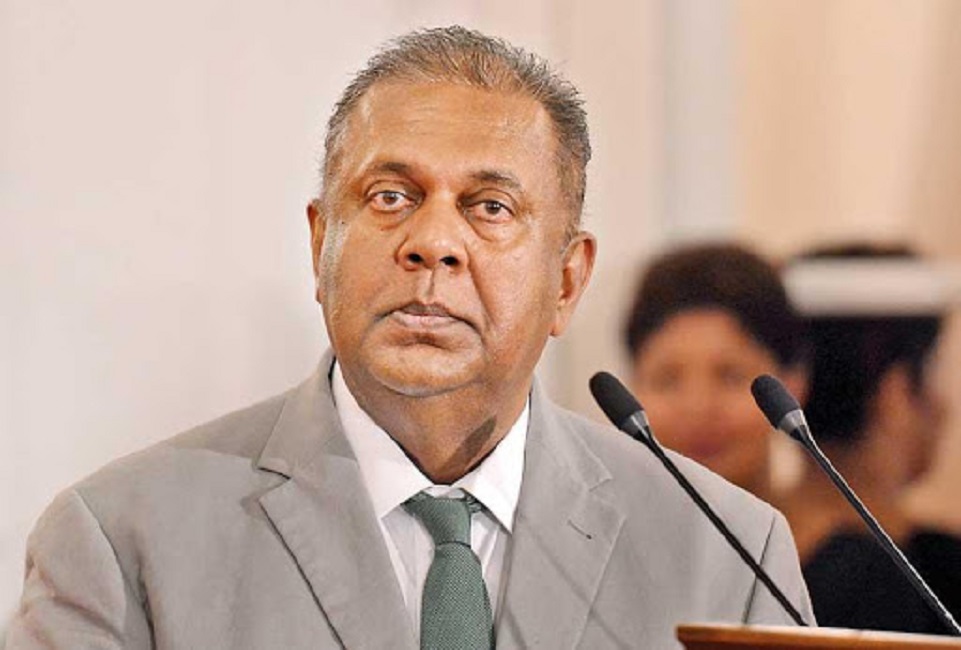
Mangala backs ECT's foreign investment
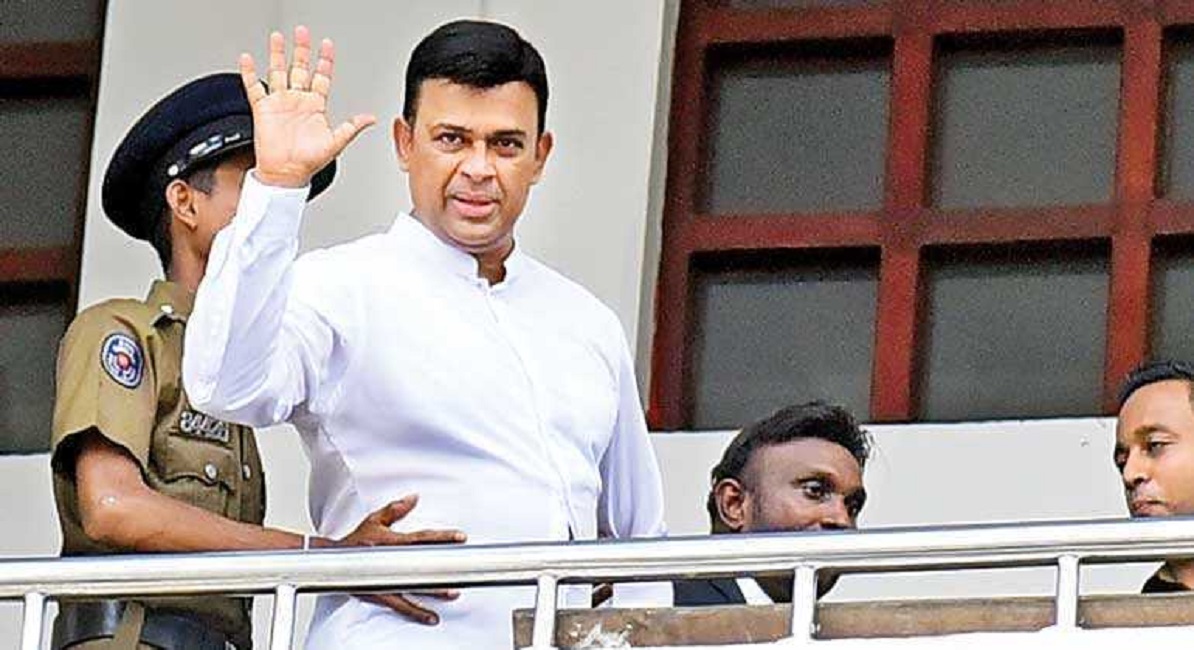
Ranjan's four-year prison term for contempt of court violates ICCPR Act
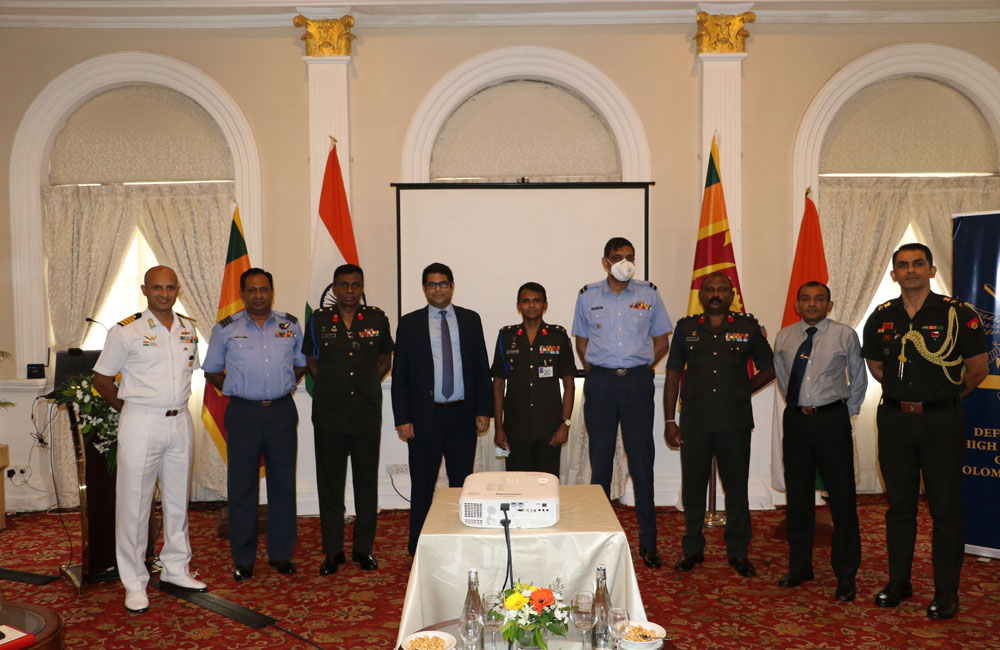
Webinar on defence cooperation bewtween Sri Lankan and Indian armed forces
As part of India’s unwavering commitment to positively contributing towards the Capability Building of Sri Lankan Armed Forces, a Webinar was conducted by the Defence Wing, High Commission of India on 13 January 2021 at Hotel Taj Samudra between officers of Indian and Sri Lankan Armed Forces along with representatives from Indian defence manufacturing companies.
The Webinar was chaired by Vinod K. Jacob, Deputy High Commissioner and Maj Gen AWAPK Thilakarathne psc, Chief Signal Officer, Sri Lanka Army. The Sri Lankan delegation had large number of representatives participating from all three services.
The Deputy High Commissioner, highlighted the impetus being given by India to further the interest of Sri Lankan Defence Forces and the opportunities that can be provided by the highly evolved defence production industry in India.
During the Webinar, products of interest of Sri Lankan Defence Forces were presented with the aim that such close interactions with Sri Lankan Armed Forces would valuably contribute in effectively countering common security threats in the region and towards realisation India’s Vision of Security and Growth for All in the Region (SAGAR).
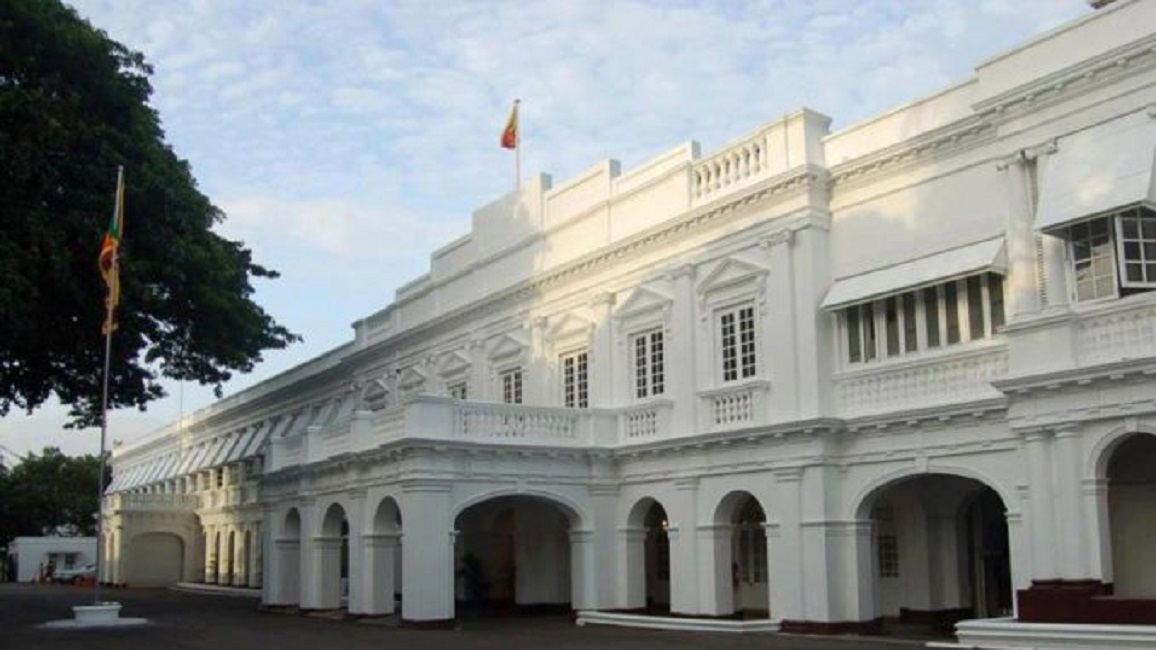
Nepotism to the fore: Rajapaksas tap family member to be the next Consul General in L.A.?
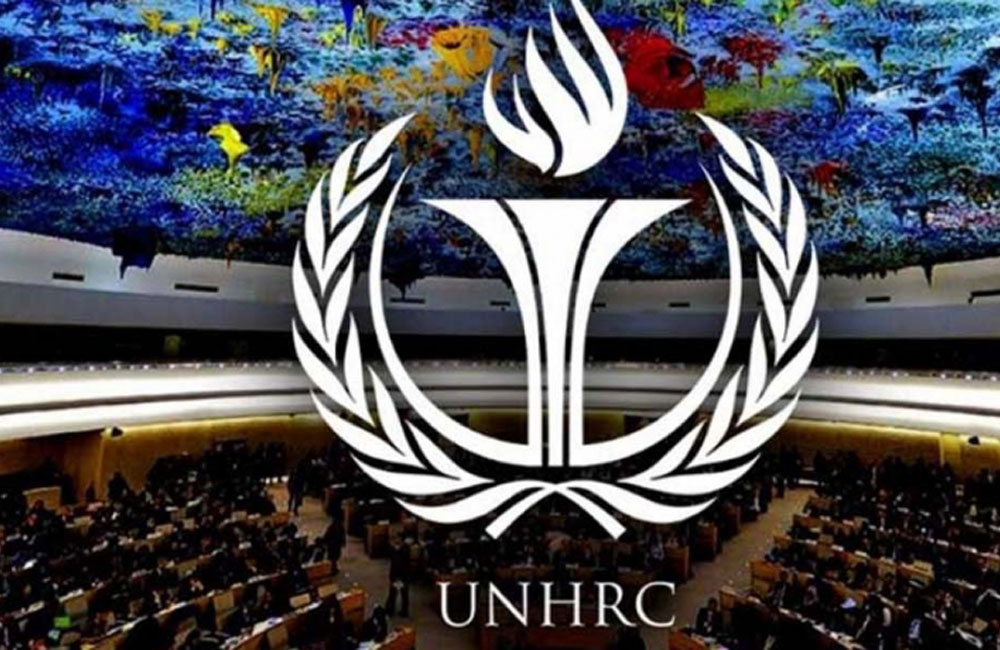
Sri Lanka Tamil parties seek UN intervention for rights accountability
In a letter dated January 15 addressed to the missions of the 47 member states of the UNHRC, they called on to establish an evidence gathering mechanism such as the one on Syria with a strict one-year time frame.
They urged for a new resolution on Sri Lanka’s accountability. Sri Lanka faced three consecutive UNHRC resolutions since 2013 which called for an independent international investigation into alleged war crimes committed by both government troops and the Liberation Tigers of Tamil Eelam (LTTE) during the final phase of the civil war back in 2009.
The Tamil and civil society groups in the letter recalled that the then UN Secretary General Ban Ki-moon in 2009 after his tour to Sri Lanka’s battle zones had said that the Sri Lankan government had agreed to investigate violations of rights and international humanitarian law.
The groups say that UNHRC is due to meet next month and in March to evaluate Sri Lanka’s commitments made.
They called for a fresh resolution, saying Sri Lanka has failed and that resolution must stipulate that the UN Security Council must take up the matter and take suitable action through the International Criminal Court and an effective international accountability mechanism to inquire into Sri Lanka’s alleged abuses of human rights.
The current government had already withdrawn from the resolution co-sponsored by Sri Lanka in 2015, 2017 and 2019 under the previous government.
According to the UN figures, up to 40,000 civilians were killed by the security forces during Mahinda Rajapaksa''s regime that brought an end to nearly three-decades long civil war in Sri Lanka with the defeat of LTTE in 2009.
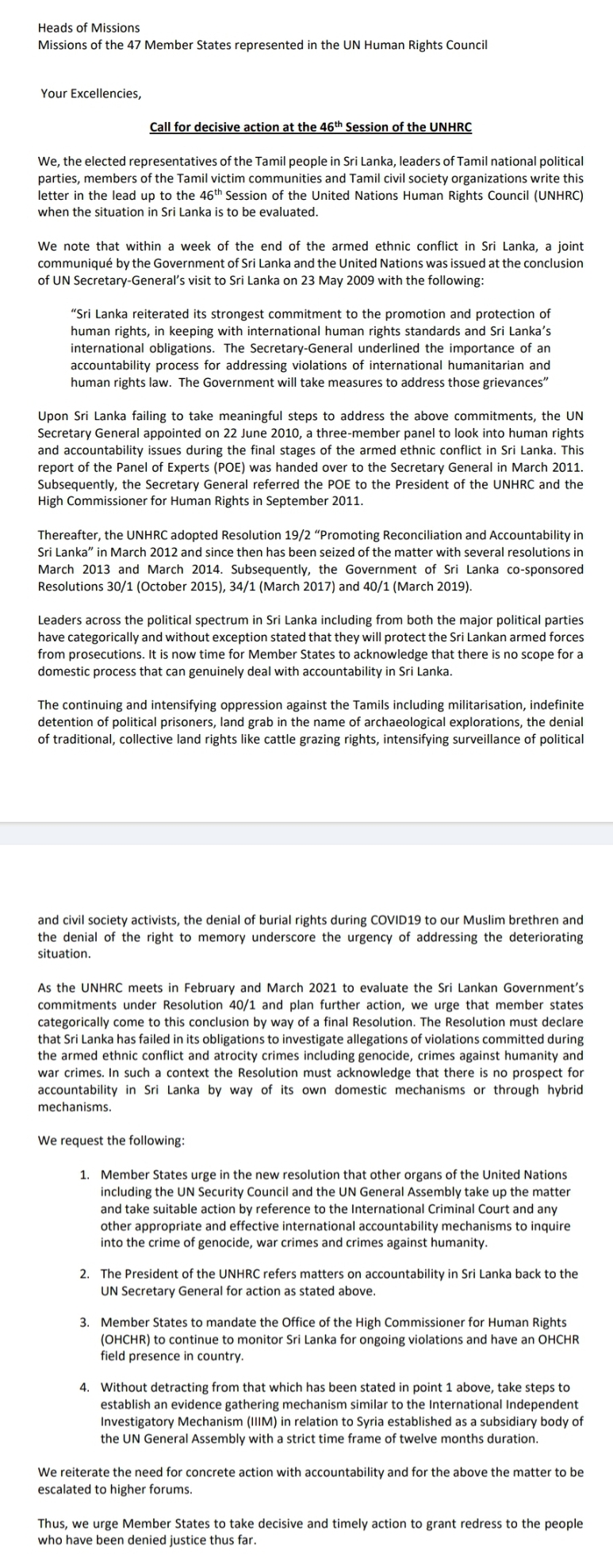
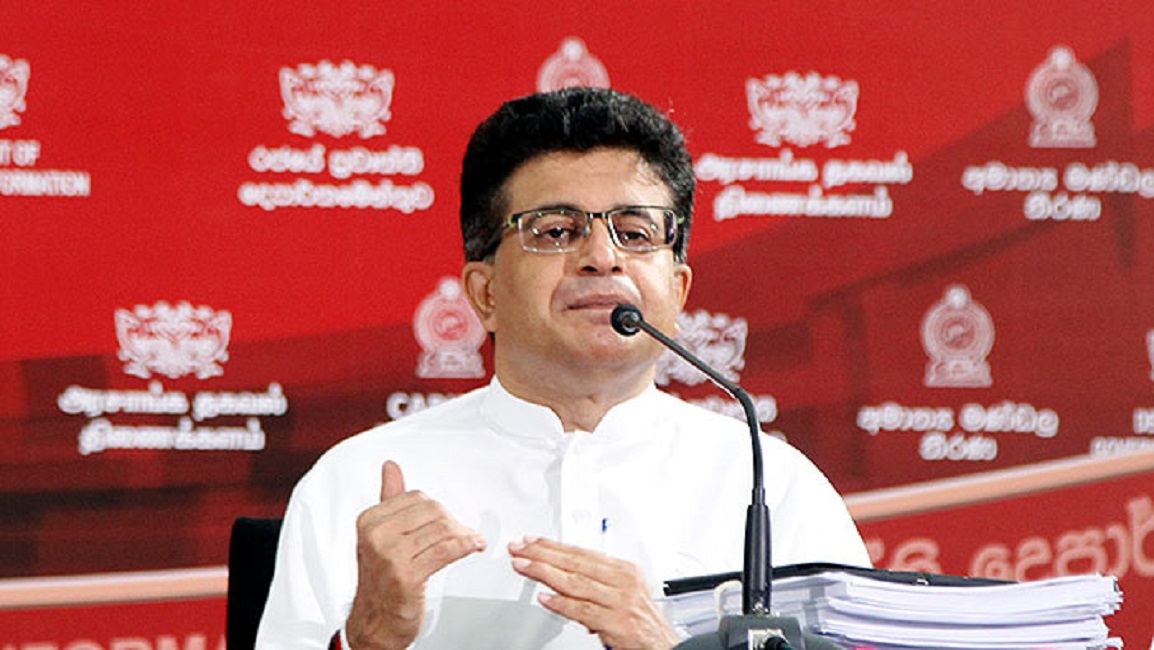
Sri Lanka pleads for debt rollover as economy falters
Page 249 of 533